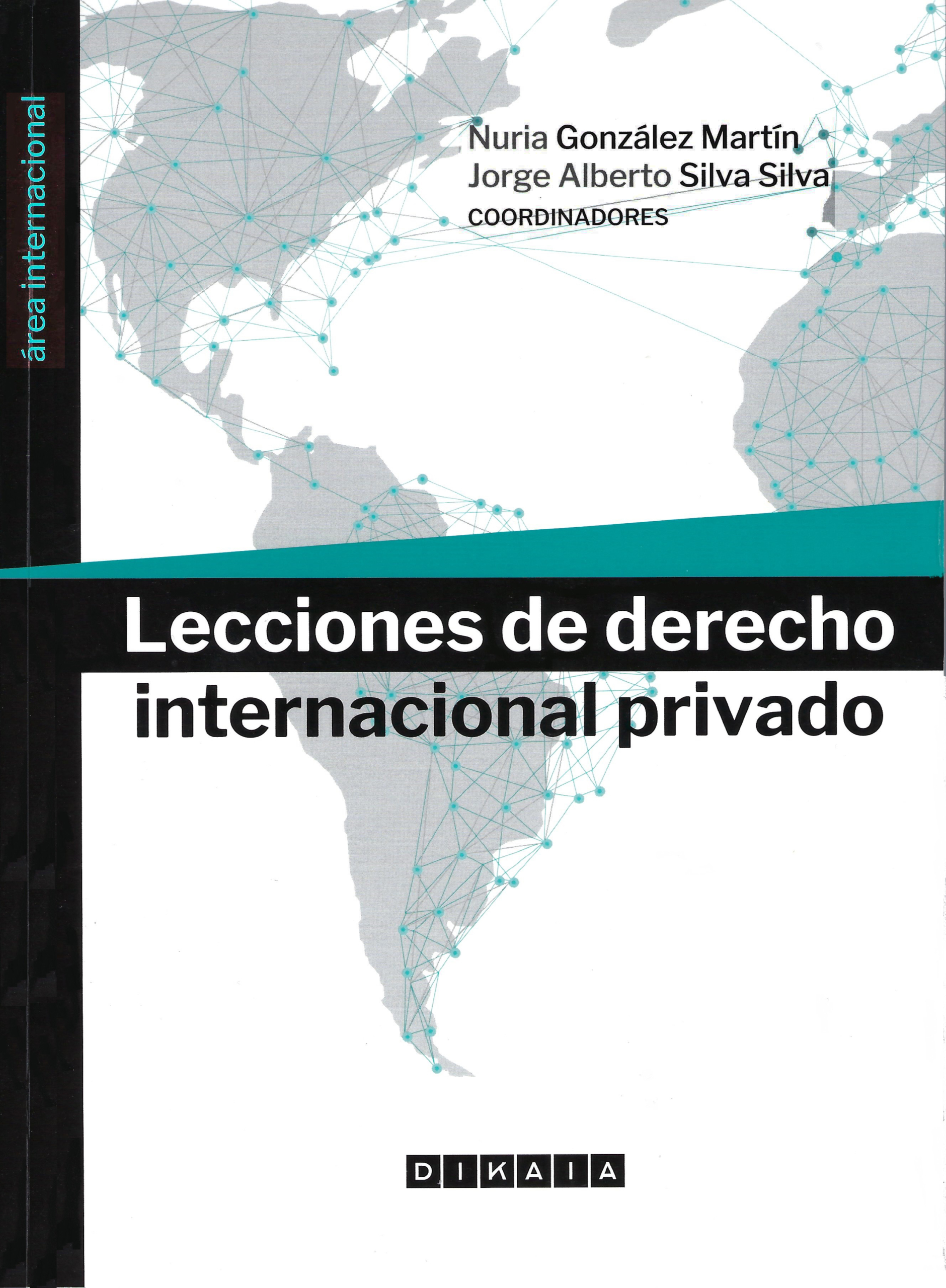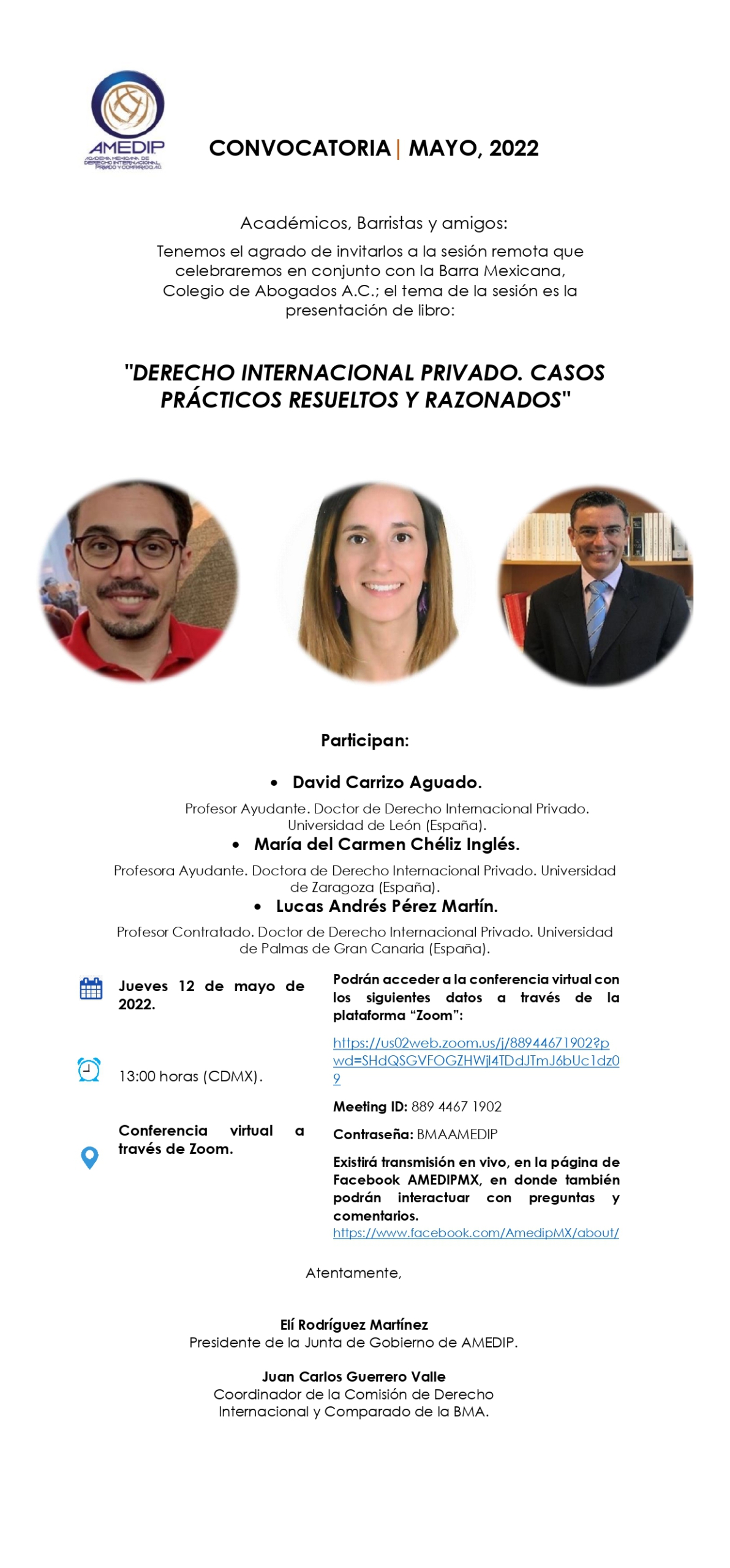RabelsZ: new issue alert
 Issue 2/2022 of RabelsZ has just been published. It contains the following contributions:
Issue 2/2022 of RabelsZ has just been published. It contains the following contributions:
Ralf Michaels: Peter Mankowski *11.10.1966 †10.2.2022, Volume 86 (2022) / Issue 2, pp. 323–326, DOI: 10.1628/rabelsz-2022-0028
Katharina Pistor: Rechtsvergleichung zwischen Rechts- und politischer Ökonomie: am Beispiel des Unternehmensrechts, Volume 86 (2022) / Issue 2, pp. 327–363, DOI: 10.1628/rabelsz-2022-0029
Legal and Political Economics in Comparative Perspective: the Case of Corporate Law. – Hardly another area of the law has seen as much interest in comparative analysis as corporate law, in particular the publicly traded corporation. The dialogue among legal academics from different legal systems was facilitated by the use of a non-legal language – that of transaction economics. It offered a unified standard for analyzing the pros and cons of different legal rules and models of corporate governance. Legal details remained largely under the radar. More recently, political scientists have discovered the corporation as an object of analysis and have emphasized the political economy that is represented by the establishment, development and function of the “corporation as a legal person”. This literature pays closer attention to the role of the state in corporate law but has neglected questions of comparative law. This paper argues that comparative law could and should assert itself between these two social sciences as a field that is devoted to describing and explaining the similarities and differences of legal institutions as a part of social systems.
Stefan Grundmann: Pluralistische Privatrechtstheorie – Prolegomena zu einer pluralistisch-gesellschaftswissenschaftlichen Rechtstheorie als normativem Desiderat (»normativer Pluralismus«), Volume 86 (2022) / Issue 2, pp. 364–420, DOI: 10.1628/rabelsz-2022-0030
Pluralist Private Law Theory: Prolegomena to a Pluralist and Social Science Oriented Legal Theory as a Normative Desideratum (“Normative Pluralism”). – Just how legal scholarship and legal practice should address the social sciences and other fields of inquiry is a vital question whose answer is informed by concerns of innovation, logic, and an understanding of law and jurisprudence. Law and economics is an efficient vehicle in this regard, an approach that in the USA is perhaps even dominant. The present article distinguishes between a monist interdisciplinary openness – vis-à-vis a neighbouring discipline that may indeed already have a particular goal and benchmark in mind – and a pluralist interdisciplinary openness. It identifies in the latter a disproportionately greater heuristic potential (in terms of all societal views). In a pluralist society, one that moulds pluralism into a constitutional requirement, the author sees a pluralist interdisciplinary openness as, above all, normatively superior and even mandated. It also seems better suited to the logic of jurisprudence: a discipline seeking balance in society. The article also addresses the biggest “drawback” of the approach, the unanswered and difficult question of how to determine hierarchizations. Adopting a value-tracking approach, the author proposes a mechanism embracing constitutionality and democracy as guiding legal principles.
Rolf Stürner: The ELI / UNIDROIT Model European Rules of Civil Procedure – An Introduction to Their Basic Conceptions, Volume 86 (2022) / Issue 2, pp. 421–472, DOI: 10.1628/rabelsz-2022-0031
This contribution introduces the basic conceptions of the Model European Rules of Civil Procedure, which were affirmed by the European Law Institute, Vienna, and by UNIDROIT, Rome, in 2020. In its first part it describes the prior history of the project (ALI/UNIDROIT Principles of Transnational Civil Procedure, Storme Commission) and the history of the emergence of the Model Rules between 2013 and 2020. The following parts depict the organization and coordination of the common work in the various groups, an analysis of methodological questions arising in the context of harmonization of procedural law, a detailed presentation of important results of harmonization in fields of far-reaching convergence of national procedural laws, considerations about strong future trends of procedural design and their significance for different areas of civil procedure, and finally some remarks on innovative procedural developments taken into account by the Model Rules, with important examples in fields like collective proceedings and the financing of proceedings, or in the use of modern means of communication or artificial intelligence. The contribution also contains some cautious remarks on internal conditions associated with the emergence of the Model Rules that may have influenced its results.
Igor Adamczyk, Jakob Fortunat Stagl: Der Eigentumserwerb an Fahrnis im polnischen Recht, Volume 86 (2022) / Issue 2, pp. 473–501, DOI: 10.1628/rabelsz-2022-0032
Transfer of Ownership in Movable Property under Polish Law. – This essay deals with the transfer of ownership under Polish law. The main question is whether Poland simply adheres to one of the classical models historically significant for this country – that of Austria, Germany, or France – or whether its system can be considered an original solution. The authors are convinced that one cannot analyse the transfer of ownership without considering the underlying contract. In particular, the passing of risk has to be considered in unison with the rules for the passing of ownership. These rules as a whole may seem syncretistic or “mixed”, yet they have to be understood as a genuine – Polish – system for the transfer of ownership.


